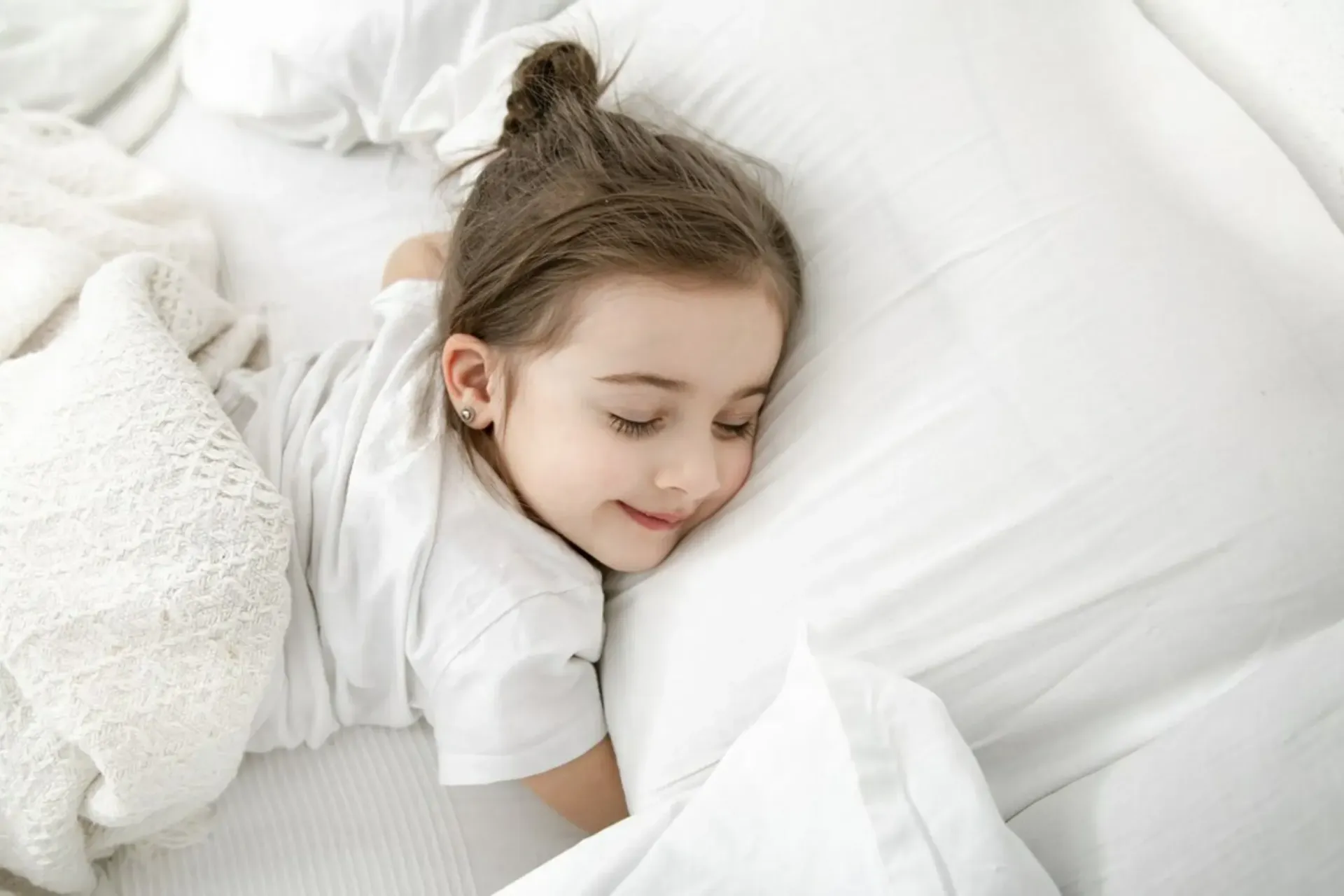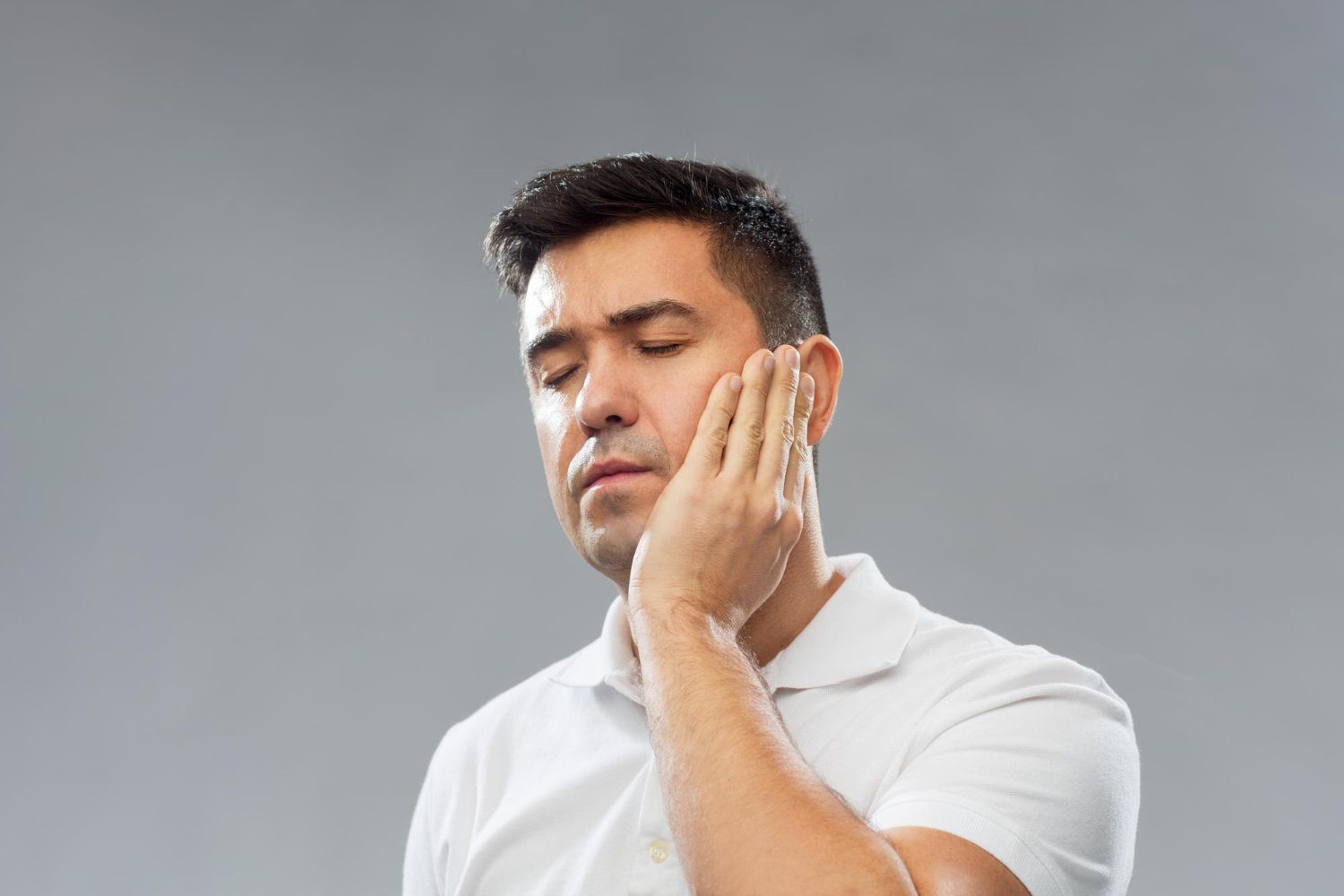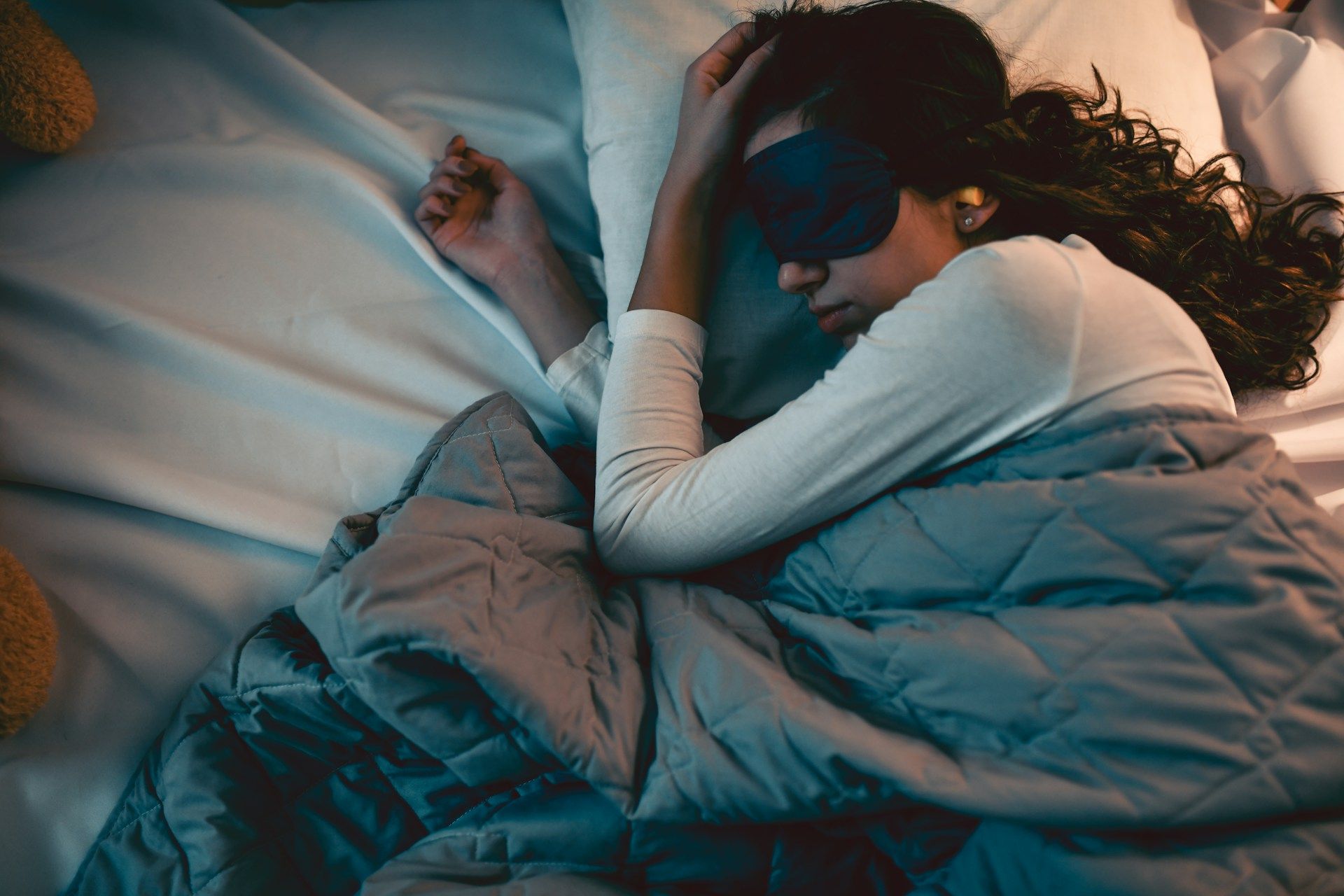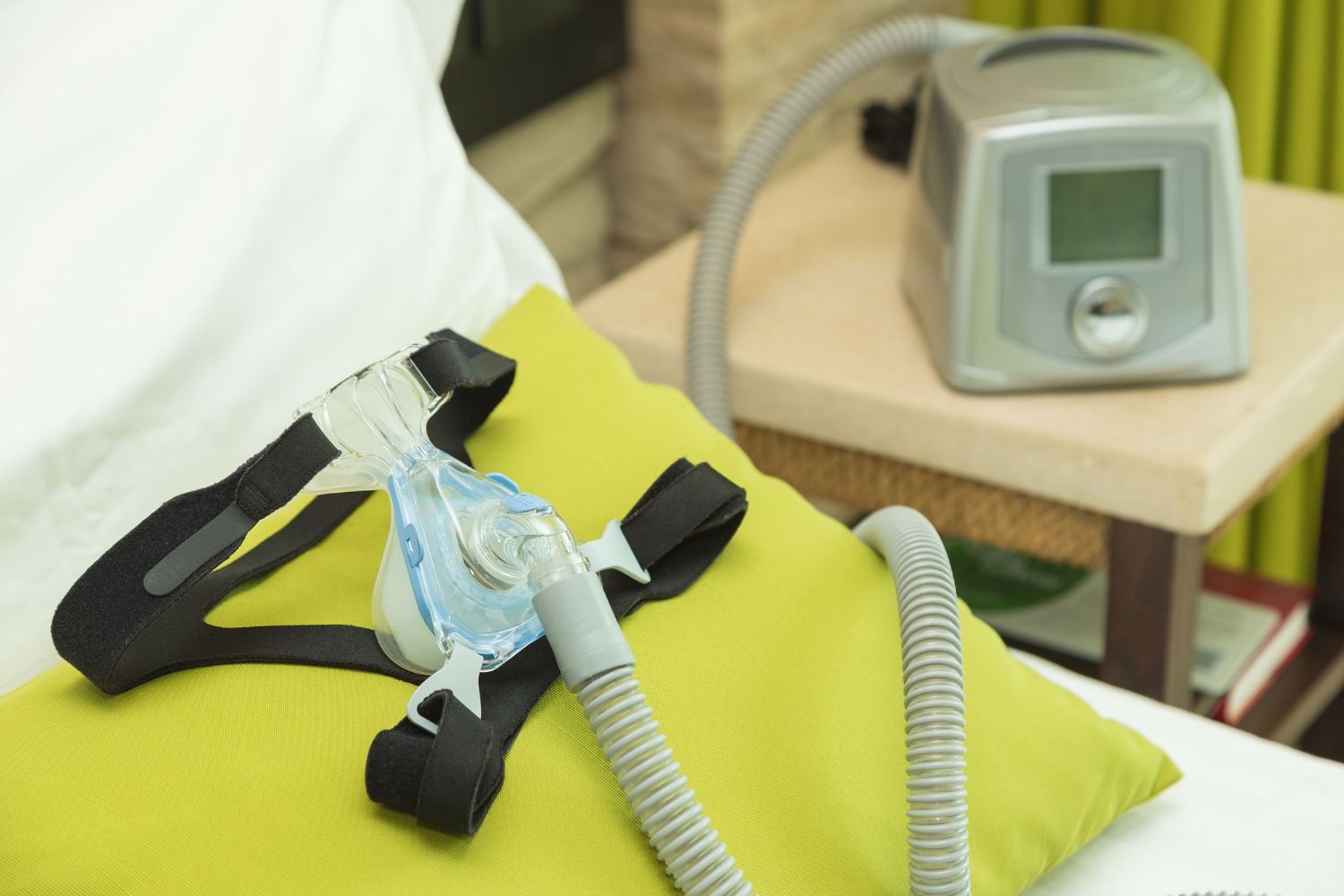The Impact of Sleep Apnea on Children and How The Center For Sleep Apnea and TMJ Can Help

Sleep apnea is not only a concern for adults, but it can also significantly impact children, affecting their overall health, school performance, and emotional well-being. At The Center For Sleep Apnea and TMJ in Meridian, we recognize the importance of early detection, intervention, and treatment for sleep apnea in children. Dr. Cameron Kuehne and our team of skilled professionals are committed to providing compassionate care tailored to the unique needs of our young patients, offering guidance and resources to help parents navigate their child's sleep apnea journey.
When it comes to sleep apnea in children, early intervention is crucial. Spotting the signs of sleep apnea and addressing it can make a world of difference in a child's life. In contrast, untreated sleep apnea may lead to a host of complications, including developmental delays, behavioral issues, and chronic health problems. As a parent, it's essential to be aware of the warning signs and risk factors for sleep apnea in your child so you can take the necessary action to protect their health and well-being.
In this valuable blog post, we will delve into the world of pediatric sleep apnea, exploring the various signs and symptoms, risk factors, and how sleep apnea can impact a child's life. Additionally, we'll highlight the importance of a supportive and compassionate care team, like the one at The Center For Sleep Apnea and TMJ, and the different treatment approaches available to help your child overcome sleep apnea and thrive.
Recognizing the Signs of Sleep Apnea in Children
Early detection of sleep apnea in children is crucial for successful intervention and treatment. Being aware of the warning signs can help parents identify potential sleep problems in their children and seek timely professional help. Some common symptoms of sleep apnea in children include:
1. Chronic Snoring: While occasional snoring is normal, consistent and loud snoring can be a sign of sleep apnea, indicating disrupted airflow during sleep.
2. Gasping or Choking During Sleep: Sleep apnea can cause children to gasp, choke, or momentarily stop breathing while asleep, signaling a potential disruption in their airway.
3. Restless Sleep: Children with sleep apnea may toss and turn in bed, often adopting unusual sleep positions in an attempt to facilitate proper breathing.
4. Daytime Fatigue: Persistent daytime drowsiness and difficulty staying awake at school can indicate disrupted sleep caused by sleep apnea.
5. Behavioral Issues: Sleep apnea-associated sleep disruption can result in irritability, mood swings, and difficulty focusing or paying attention in children.
Risk Factors for Sleep Apnea in Children
Understanding the risk factors associated with pediatric sleep apnea can also help parents be proactive about their child's sleep health. Some common risk factors include:
1. Obesity: Excess weight can contribute to sleep apnea by causing increased pressure on the airways, leading to breathing difficulties during sleep.
2. Family History: Children with a family history of sleep apnea are at a higher risk of developing the condition themselves.
3. Enlarged Tonsils or Adenoids: Enlarged tonsils or adenoids can obstruct the airway during sleep, leading to sleep apnea in children.
4. Medical Conditions: Certain medical conditions, such as Down syndrome or cerebral palsy, can increase the risk of sleep apnea in children due to anatomical or neuromuscular factors.
5. Premature Birth: Children born prematurely may be more susceptible to sleep apnea due to underdeveloped airways and respiratory systems.
The Impact of Untreated Sleep Apnea on a Child's Life
When left untreated, sleep apnea can significantly impact a child's life, leading to various physical, cognitive, and emotional challenges. Some potential effects of untreated pediatric sleep apnea include:
1. Poor Academic Performance: Due to disrupted sleep and chronic fatigue, children with sleep apnea may struggle with focus, attention, and memory, leading to poor grades and school performance.
2. Emotional Difficulties: Sleep-deprived children may experience increased irritability, mood swings, anxiety, and depression, affecting their emotional well-being and relationships with peers.
3. Physical Health Issues: Untreated sleep apnea can increase a child's risk of developing chronic health problems, such as obesity, diabetes, and cardiovascular disease.
4. Developmental Delays: Sleep is crucial for a child's growth and development, so disruptions caused by sleep apnea can lead to developmental delays in areas like speech, language, and motor skills.
Compassionate Care and Treatment Options at The Center For Sleep Apnea and TMJ
At the Center for Sleep Apnea and TMJ, we understand the unique needs of children with sleep apnea and the importance of early intervention. Dr. Cameron Kuehne and our dedicated team take a comprehensive approach to diagnosing and treating pediatric sleep apnea, ensuring that your child receives the specialized care they require. Treatment options for sleep apnea in children might include:
1. Lifestyle Modifications: Encouraging healthy habits, such as maintaining a balanced diet, engaging in regular exercise, and establishing a consistent sleep schedule, can help alleviate pediatric sleep apnea symptoms.
2. Treatment for Enlarged Tonsils or Adenoids: In cases where enlarged tonsils or adenoids cause sleep apnea, a consultation with an otolaryngologist may be necessary to consider surgical intervention.
3. Oral Appliances: Custom-made oral appliances can help children with sleep apnea by ensuring proper jaw alignment and maintaining an open airway during sleep.
4. Orthodontics: Early orthodontic treatment can help address bite issues or jaw abnormalities that may contribute to sleep apnea in children.
Help Your Child Thrive with The Center For Sleep Apnea and TMJ
Navigating the complexities of pediatric sleep apnea can be challenging, but with the compassionate care and expertise of Dr. Cameron Kuehne and the team at The Center For Sleep Apnea and TMJ, you can help your child
overcome sleep apnea and achieve optimal health, development, and well-being. Don't wait to address your child's sleep issues; contact us today to start your family's journey toward restful, uninterrupted sleep and a brighter future.










